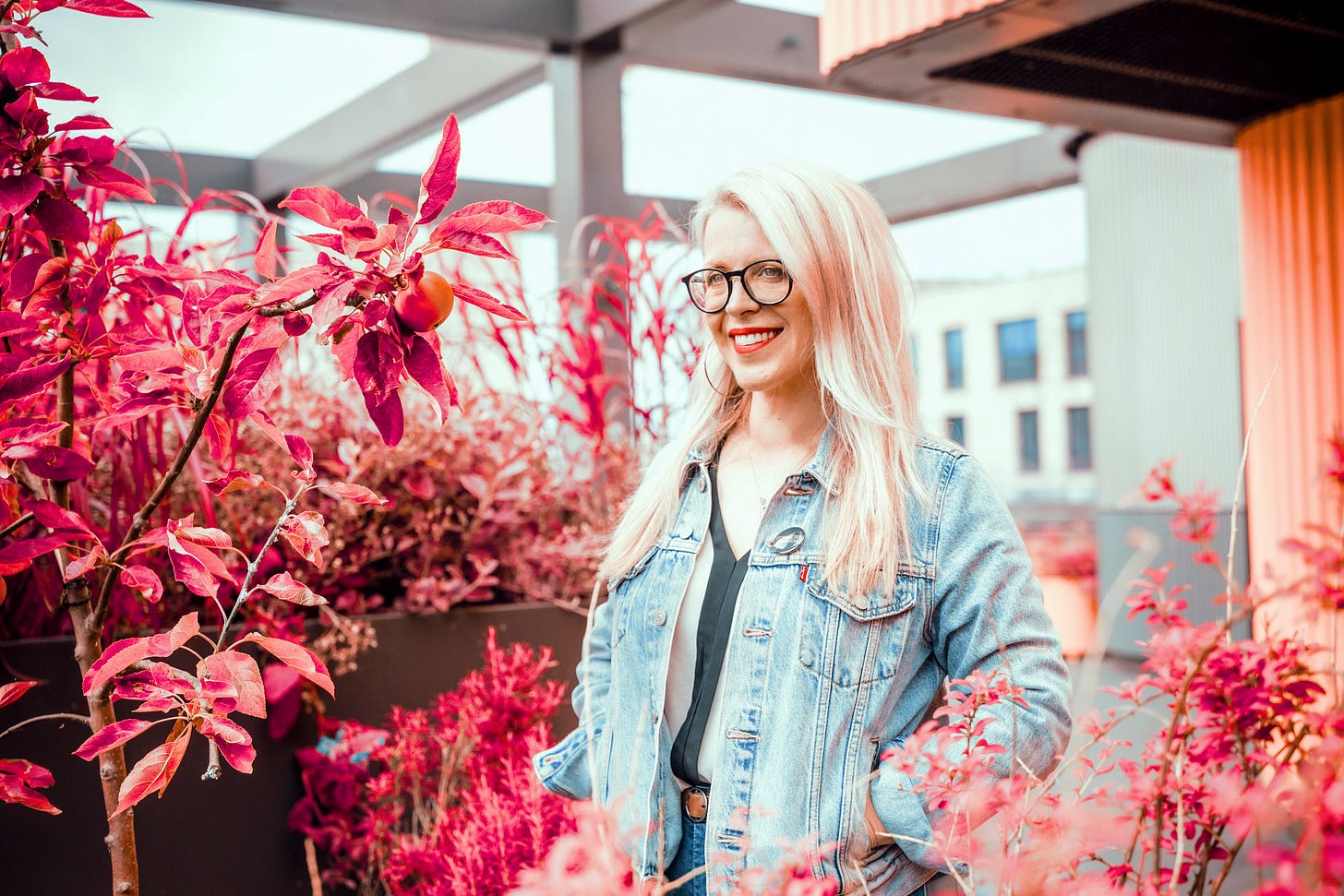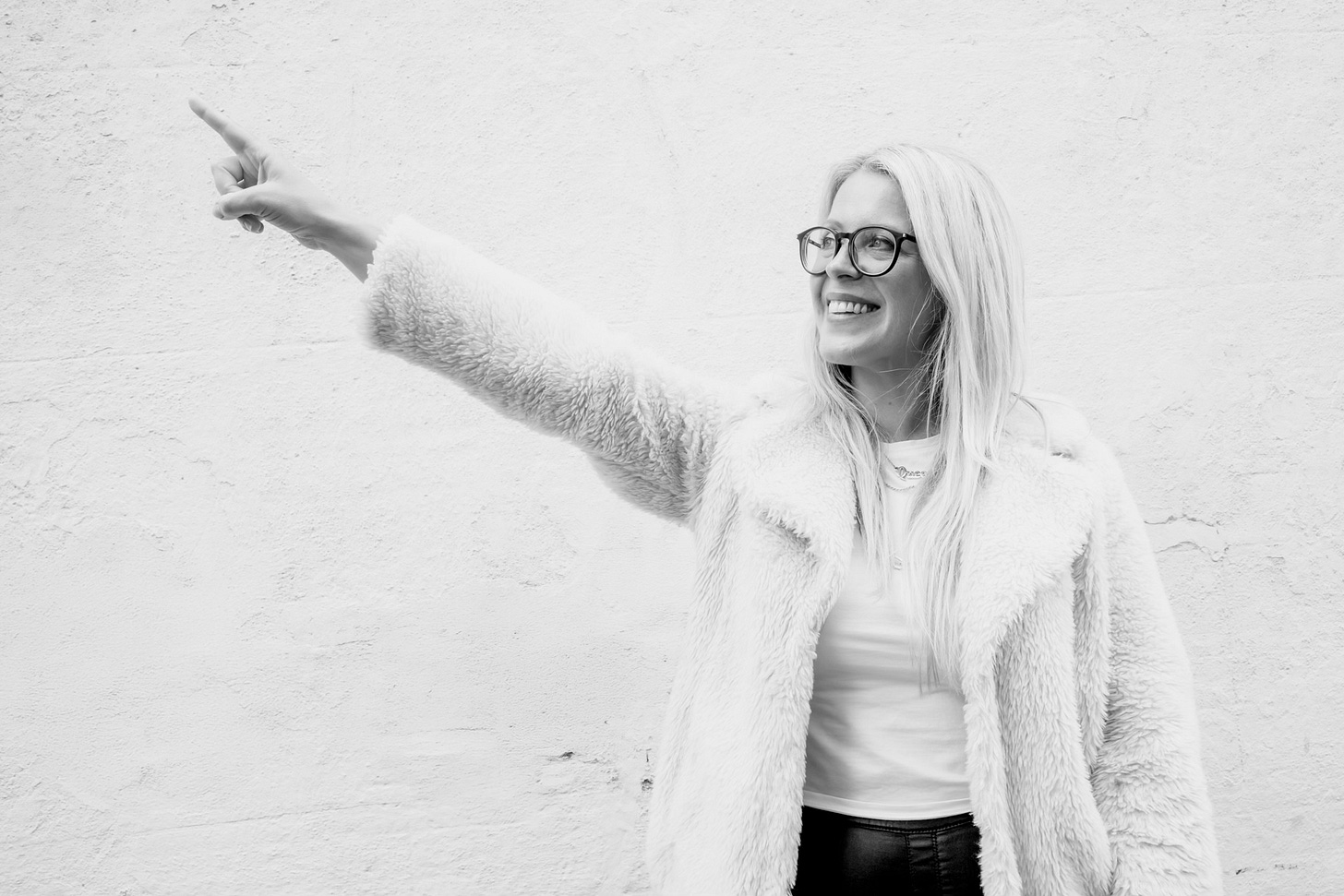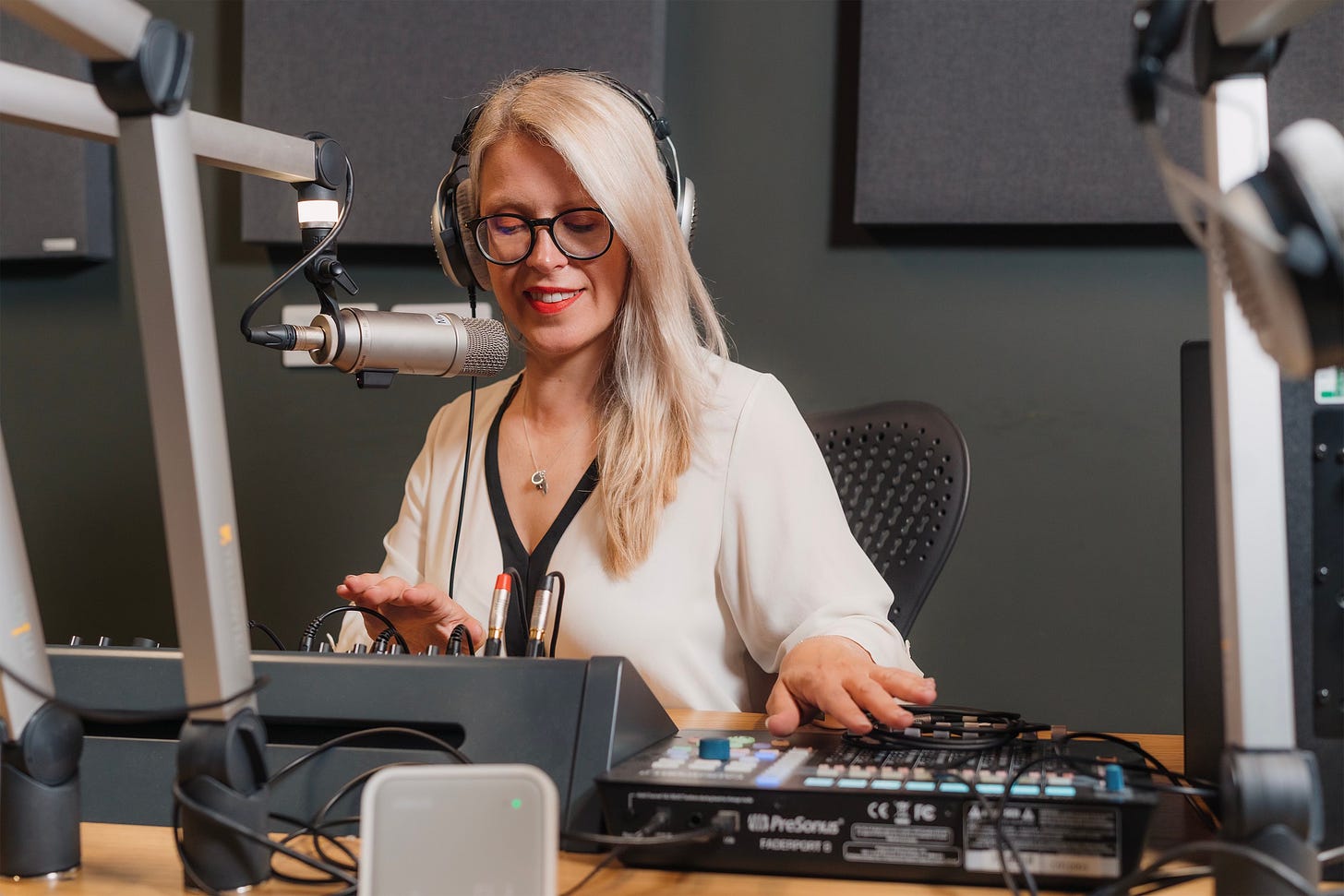Comrades, welcome for the 84th time to another edition of this small corner of the internet. I’m glad you’re here every weekend, reading about the creative process and checking out the photo essays I produce!
This week I’d like to share some thoughts about mentorship and find what it truly means to be a mentor as well as being mentored; I have a guest sponsor for this issue but first let me tell you a little about my mentoring experience.
When I decided to go full-time as a freelancer, I looked for some advice from local photographers, mostly what I found was cold shoulders, gatekeeping, or extortionate fees to share a bit of knowledge. And let me get clear that I never expected anything for free, I just wanted the opportunity to sit down and ask a few questions. Instead of kindness and support, I was met with a lot of jealousy and discouraging emails back. That made me promise myself that if I ever made it, I’d do everything in my power to help those starting out and change that narrative.
Now I realise that I was approaching the wrong people and only followed what was on the top 3 or 4 results of Google… lesson learned!
Years on and I was establishing myself as the go-to photographer in the local food and hospitality industry; in no time I had emerging creatives asking exactly the same questions I was asking and happily I sat down and shared my experiences with them, some went and tried to step on my toes contacting all my clients, others made it big time and forgot who gave them the confidence to do the jump. That’s fine, it’s part of the journey but many others have started their career and are thriving partly because I shared my experiences with them and now we’re very good friends.
Now, 15 years later, I’m still mentoring creatives of all ages and backgrounds to start or change their careers as freelancers in the same way I wished I had been mentored back then. I aim for a more collaborative, less hierarchical form of mentoring, something closer to a creative partnership than a guru-disciple dynamic; at the same time, I get the same care and advice from different mentors because the learning process never ends.
Now, talking about mentors and self development: Have you noticed how almost every scroll and click online comes with a promise: “Unlock your potential,” “Crush your goals,” “Manifest millions.”? A lot of it feels hollow, right? That’s not mentoring, that’s an industry designed to profit from our weaknesses and self-doubts.
The internet has a lot of advantages, especially when it comes to connecting people, but it’s also a thriving space for villainy and scum; it’s tricky to verify who to trust, especially when there’s money involved, but let’s face it, the promise of a trick to success is so damn tempting, right?
Mentorship, real mentorship, is personal, and it's slow, intentional, messy, and deeply human. It’s not a transaction. It’s a relationship built on trust, honesty, and mutual growth. That’s why I’m having a conversation exactly about this with someone who knows a thing or two about mentoring, an incredible human being with a natural talent for helping people, a great listener, an exceptional problem solver, and a business leader in our local area and a very dear friend of mine. Meet Lyndsey Clay.
Lyndsey and I are so glad to be doing this, we not only collaborate on our different projects (I shoot all her professional photography, she helps me with events and networking), we help supporting each other in life and business and best of all is, we share a zero BS policy in our businesses, especially when it comes to mentoring and getting mentored.
Here’s what I asked her about mentoring:
Lyndsey, what does mentorship mean to you, personally and professionally?
I wouldn't be where I am without the mentorship of those further ahead than me! Having access to that honest talk, real experience, and care is invaluable when you are trying to grow as a person or grow your business. From the beginning of starting Connected Brighton I had people who wanted to help me, I applied for business courses with mentors, and hired my own. It’s invaluable to learn from others who can see your challenges through a different lens of experience.
How did you become a mentor? What was your motivation behind it, and what has your journey been like?
I originally was only coaching (helping people find the answers within), and quickly moved to mentorship (telling people what I would do or have done). I pivoted because people were constantly asking me for advice on their business challenges. They wanted to move forward quickly and just needed answers. I was getting asked more and more for support with marketing because of my social media, and now that’s what I do - I help business owners show up online and leverage their personal brand to be more visible with confidence. And I loved helping people grow their following and their confidence. I still use coaching methods, mixed with sharing my experience and mentoring. It’s been such a satisfying experience!
And what would you say are some of the biggest myths or red flags you see in the way mentorship is presented in today’s self-help world?
Red flags - Because mentoring is an unregulated space, the barrier to entry is low, and there are a lot of people calling themselves mentors who think it's a quick win, or easy money with little experience.
Myths - Mentors will solve all your problems. Mentors give you the tools and experience to make better decisions for yourself, but you have to do the work. They can only advise you, but ultimately it's your life, your business, your way.
What’s your approach when you start mentoring someone? Can you walk me through the process?
Mentoring isn't just telling people what they should do; it's sharing what has and hasn't worked based on experience and tailoring that to the situation and challenge. It's a conversation, a debate, and a decision to help people move forward. I start by understanding what the pain points are, where the client is, and where they want to get to. Then we walk through what’s not working and where they feel they need the most support. We break it down so I can start to shape solutions and talk through what steps they could take. It always needs to be a conversation, at the right pace to allow the action plan to feel good and to move the client forward. I like to combine one-to-one sessions with a mastermind group where we all learn from each other, talking through each person’s challenges. We do this weekly, so that we can grow together.
And in your opinion, which are the key elements that build a mentoring relationship effectively, long-lasting, and transformative? How do you get there? Do you train for this?
The key elements are honesty, rapport, accountability, action and results! I am a qualified coach and a qualified by experience entrepreneur. This is not a regulated industry, so whilst there is training, it is not mandatory. The most important thing when choosing a mentor is that they have the knowledge you need, they have walked the walk and can talk the talk. They will be the eyes and ears that you can’t be, as you are too close to your business, or you just don’t know the answer, as you haven’t lived it (yet)!
What do you hope the next generation of mentors and mentees understand better than we did?
How valuable it is to learn from others. That we don't and can't know it all. How rich life is and how getting support at every stage elevates you and speeds up success.
Any closing thoughts, Lyndsey?
Mentoring is a great way to explore your ideas, options, identity, limiting beliefs, and blockers with someone who's walked the walk. Find one that works for you!
Lyndsey and I go way back to the beginning of her journey with Connected Brighton, a social concierge service in the city connecting people with independent businesses, adding value to the way we experience the city, and through her coaching business: LyndseyClay.com who was generous enough to sponsor this issue.
Thank you, Lyndsey!
Work with me or get mentoring: @xavogram / xavierbuendia.com
Support craft, not traffic. The internet’s full of noise and this newsletter isn’t part of it.
When you become a paid subscriber, or sponsor a story, you’re refusing to let bots, brands, influencers or algorithms shape what deserves your attention.
You’re backing craft, clarity, and independence. That’s rare and powerful.Or you can own a fragment of this journey: prints and zines are available. (paid subscribers get 20% off)
If something in this newsletter resonated, please share it with someone who needs it.
Your support, in any form means a lot to me!











Interesting article, Xavi. I’ve been celebrating 18 years in business this year and you’ve made me think that I should perhaps offer some informal mentoring like you.